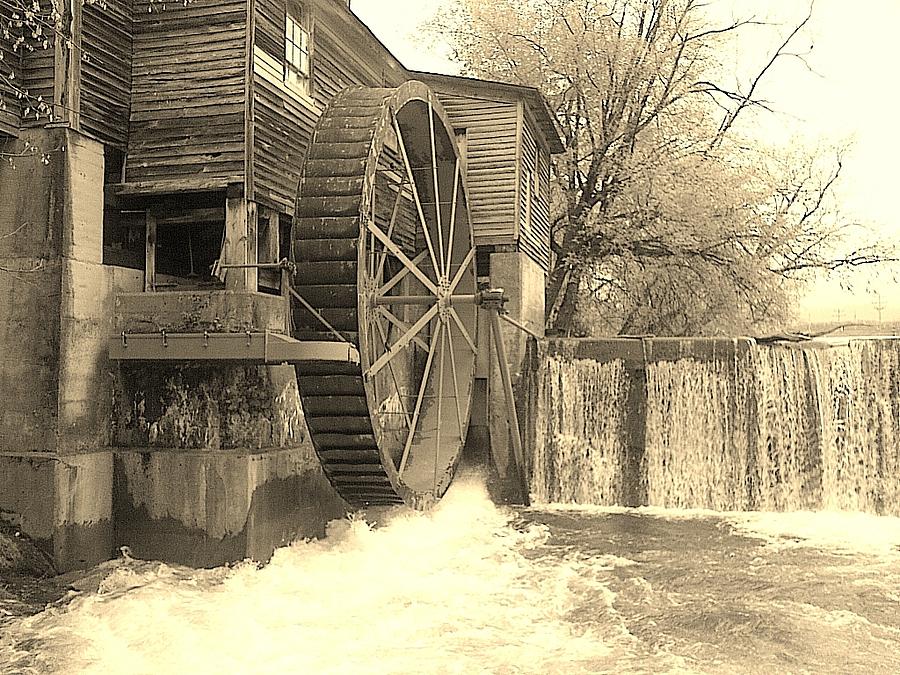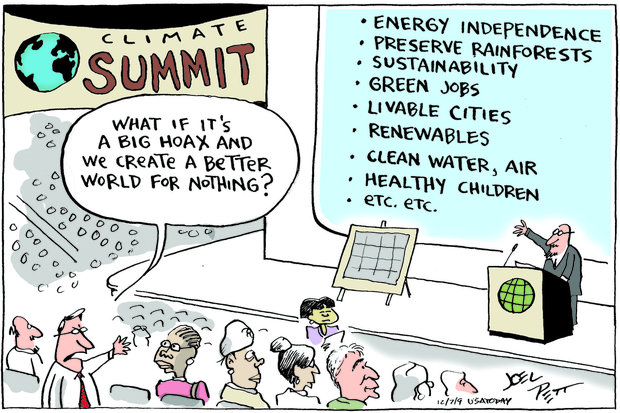Let's be honest here. We can go on and on about the causes on global warming. Let's assume for argument's sake the global warming is mostly man made. So what are we (humanity) supposed to do about it?
That's a great question and practical solutions are exactly what we need. One solution is to switch to LED light bulbs. LED bulbs use only a fraction of the electricity of incandescent and CFL bulbs, and they do not contain mercury. The best LED bulbs are made by companies such as Cree, TCP, and Philips.
I have just recently replaced all of the incandescent light bulbs in my house with LED bulbs. To give you an example, I replaced the vanity bulbs with LEDs made by TCP. These vanity bulbs produce the equivalent of over 40 watts of incandescent light but they burn only 4 watts of electricity. These bulbs will pay for themselves in less than 2 years with the energy savings, and since they are expected to last up to 20 years, the long-term savings will be very substantial, far surpassing the initial investment. Using substantially less electricity means that the electric company burns less fossil fuel--a very practical and mutually beneficial, if only partial, solution.
Another practical solution that is mutually beneficial to all is the incorporation of industrial hemp in building materials.
There are accusations on both sides of the argument that the other side is being paid off, or stands to financially benefit somehow, from their agenda. A practical solution would therefore be one in which everyone benefits. The incorporation of LED light bulbs and industrial hemp are two examples of just such a solution in which everyone benefits.




